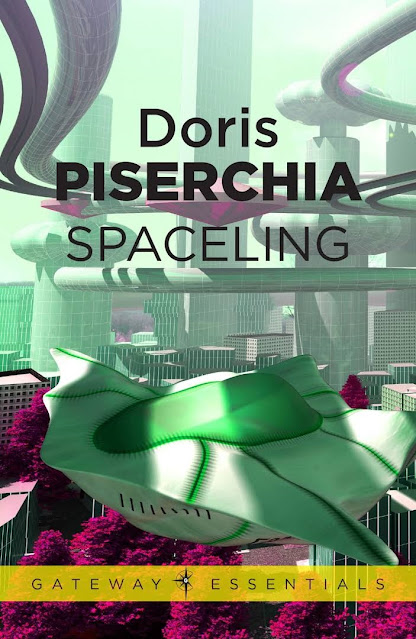 |
(I know there could be some mistakes in this review. I’m trying to improve my English, thanks)
I have read a few novels about the end of the world. This is one of the most valued and now I understand why. Although it may not be its most important quality, this book remains relevant today -with the Covid-19 pandemic still active throughout the planet-, which in itself gives a lot to think about. Earth Abides was published in 1949, when the West was recovering from the wounds of World War II (although the US did not experience it first hand) but it does not seem clear to me that this is related to the subject. On the contrary, the book describes a society prosperous and opulent and it does not imagine a state of violence when the catastrophe occurs. In any case, this book maintains all its verisimilitude today.
So regarding the reading, the first aspect that surprised me is that it describes a quiet end of the world. That is, a pandemic has wiped out almost all of humanity,; without violence, without the homo lupus homini which is the first thing that one would think of in this situation: that is a state of barbarism (although the author leaves open the possibility that the tribe of Ish -the protagonist of our story- was an exception). In any case, the most important subject is raised: how to change a civilized way of life for a tribal state totally dependent on nature. This is a question that the author does not take for granted; on the contrary, he asks himself and also asks the reader: What would we do if…? This is the essence of this book and also the essence of science fiction.
Today it could happen that a great catastrophe: a meteorite, a pandemic like the one the book deals with, the Third World War or a climatic collapse... It seems that all these dangers loom over our heads; but it could also happen that civilization continues as we know it, with more or less traumatic changes but not catastrophic or terminal enough to end our way of life. It doesn't really matter, because this book is basically about life itself, about life as we human beings understand it, and within the apocalyptic context imagined by the author, the questions remain the same: What do we live for? What do we die for?
In a very patient way, like the protagonist of the story, George R. Steward describes very plausibly an end of the world but... Earth Abides.




.jpeg)












.gif)
